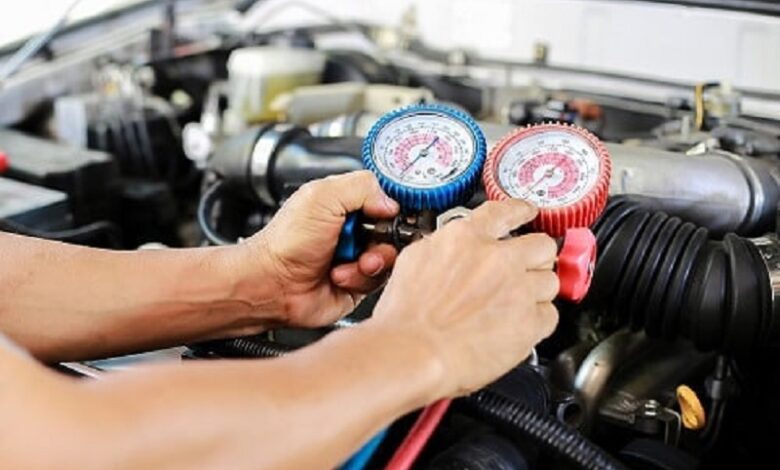How Boulder’s Climate Affects Vehicle Health?

Boulder, with its stunning landscapes and diverse weather, poses unique challenges for vehicle owners. The city’s climate, marked by high altitudes and variable conditions, directly influences vehicle health. Understanding these effects can help drivers maintain their cars and avoid costly repairs. This article explores the impact of Boulder’s climate on vehicles.
- Temperature Fluctuations and Engine Performance
Boulder’s weather can swing between extremes. Summer heat can reach high temperatures, while winter often brings snow and ice. These temperature changes affect engine performance.
Cold weather can cause engine oil to thicken, making it harder for the engine to start. Mechanics recommend using oil suitable for low temperatures to ensure smooth operation. Regular oil changes help maintain engine health and efficiency.
- Effects of Altitude on Fuel Systems
Boulder’s elevation significantly impacts fuel systems. At higher altitudes, the air is less dense, which alters fuel combustion. This change can lead to reduced power and efficiency. Mechanics in Boulder suggest tuning fuel systems to adapt to these conditions. Adjusting the air-fuel mixture ensures that engines perform optimally, even at altitude. A well-maintained fuel system can improve performance and fuel economy.
- The Importance of the Cooling System
Boulder’s climate also affects the cooling system. Hot summer days can push engines to overheat. Cold temperatures can lead to coolant freezing if not properly maintained. It is essential to check coolant levels regularly.
Flushing the cooling system every few years can prevent build-up and improve efficiency. Mechanics stress the importance of having a reliable cooling system to avoid engine damage.
- Tire Maintenance for Different Weather Conditions
Tire health is critical in Boulder’s varying climate. Cold temperatures can cause tires to lose pressure, impacting handling and safety. Drivers should check tire pressure frequently, especially during seasonal changes. Snow and ice require appropriate tires for safe driving. Mechanics recommend using winter tires when conditions are severe. Proper tire maintenance ensures better traction and performance.
- Battery Performance in Extreme Conditions
Boulder’s climate can also affect battery performance. Cold temperatures can reduce battery capacity, making it harder to start the vehicle. High altitudes can exacerbate this issue. Mechanics advise regular battery checks, especially before winter. Ensuring battery connections are clean and secure can prevent unexpected failures. A reliable battery is vital for smooth operation in Boulder’s challenging environment.
- Conclusion
Boulder’s unique climate has a significant impact on vehicle health. Temperature fluctuations affect engine performance and oil viscosity. Altitude influences fuel systems and engine power. A well-maintained cooling system is essential to prevent overheating. Tire and battery health play crucial roles in ensuring safety and reliability.
For those seeking auto repair in Helena, MT, finding a knowledgeable mechanic can help address these climate-related issues. By understanding the effects of Boulder’s climate, drivers can take proactive steps to maintain their vehicles. This approach ensures reliability and longevity in a beautiful yet demanding environment.



